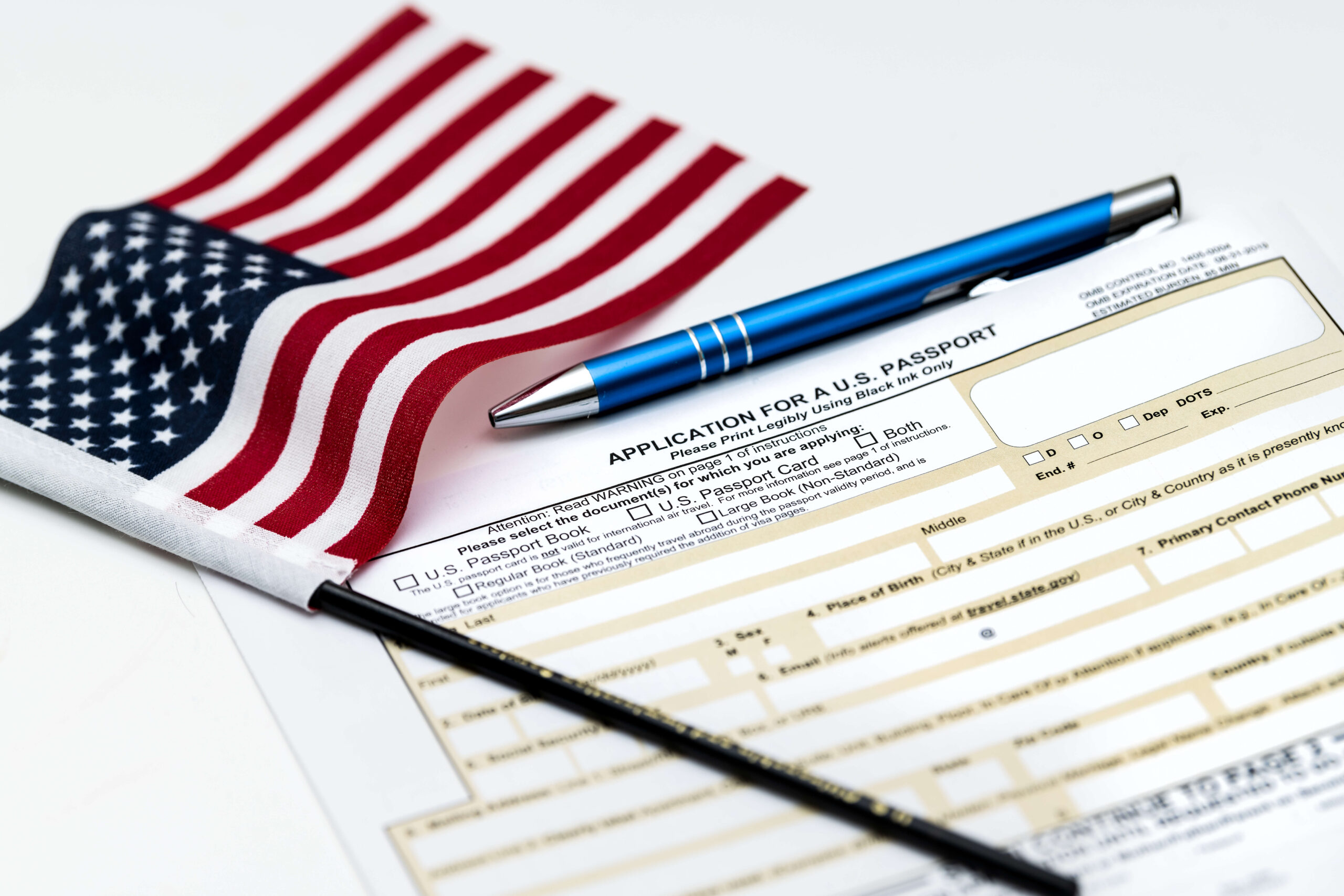On November 2, 2020, the U.S. Department of Homeland Security (DHS) published a proposed rule that, if implemented, would amend the process by which U.S. Citizenship and Immigration Services (USCIS) selects H-1B registrations for H-1B cap-subject petitions. The proposed rule would replace the current H-1B random selection lottery process with a wage-based selection process, giving preference to applications for higher-paying positions. The proposed rule would not take effect until after the 30-day comment period closes and a final rule is published.
Background
There is an annual numerical limit placed on the number of foreign workers authorized for an initial grant of H-1B visa status. The annual cap provides for 65,000 initial H-1B visas, with an additional 20,000 H-1B visas reserved for foreign workers having advanced degrees earned from U.S. universities or colleges. The selection of cap-subject H-1B applicants is typically made via a random lottery process, which the proposed rule now seeks to change.
In March 2020, USCIS implemented a new electronic registration system to randomly select H-1B candidates for participation in the full H-1B adjudication process. Employers first submit basic biographic information through the electronic registration system and may only submit a full H-1B petition if a candidate is selected in the registration lottery. The current registration process does not require wage information.
On June 22, 2020, President Donald Trump issued a proclamation limiting the entry of H-1B visa holders into the United States through December 31, 2020. The order also contained several general provisions charging various agencies, including DHS and the U.S. Department of Labor (DOL), to promulgate new rules and regulations for “ensuring that the presence in the United States of H-1B nonimmigrants does not disadvantage United States workers.”
On October 6, 2020, the DOL released an interim final rule titled “Strengthening Wage Protections for the Temporary and Permanent Employment of Certain Aliens in the United States.” The rule changed the four-tiered wage-level structure used for H-1B applications by increasing the average wage percentiles used across all four levels, resulting in significant wage increases across all occupations. The rule is currently subject to litigation in federal court.
The Proposed H-1B Cap Wage-Preference System
The proposed rule provides for a system by which USCIS will no longer select registrations on a random basis; selection will instead be based on the wage offered to the applicant. Specifically, USCIS will rank and select the registrations received on the basis of the highest wage level pursuant to the DOL’s prevailing wage data from the Occupational Employment Statistics (OES) survey. OES wages are broken into four wage levels (i.e., Levels 1, 2, 3, and 4) with Wage Level 4 being the highest wage offered for positions requiring the most experience and Wage Level 1 being the lowest wage reserved for entry-level positions. Under the proposed system, USCIS will prioritize registrants offering salaries at Wage Level 4 and proceed in descending order with Wage Levels 3, 2, and 1.
Impact and Analysis
DHS notes in its proposed rule that the new wage-based system aligns with President Trump’s April 18, 2017, Executive Order 13788—the “Buy American and Hire American” executive order—which directs DHS and other agencies to “suggest reforms to help ensure that H-1B visas are awarded to the most-skilled or highest-paid petition beneficiaries.”
In its proposed rule, DHS also acknowledges that “the intent of the H-1B program is to help U.S. employers fill labor shortages in positions requiring highly skilled or highly educated workers.” (Emphasis in original.) DHS goes on to state in its proposal that “salary generally is a reasonable proxy for skill level.” Thus, the proposal is intended to incentivize employers to offer higher wages and, therefore, seek H-1B visas only for highly skilled candidates.
While the impact of the proposed rule will not be known for certain until after it takes effect, it logically follows that the proposed changes, coupled with the increase in the prevailing wages across all four OES wage levels, could have a chilling effect on H-1B registrations. Entry-level beneficiaries and those with less experience will have a lower probability of selection under the registration process.
Ogletree Deakins’ Immigration Practice Group will monitor developments with respect to these and other policy changes and will post updates on the Immigration blog as additional information becomes available. Important information for employers is also available via the firm’s webinar programs.






